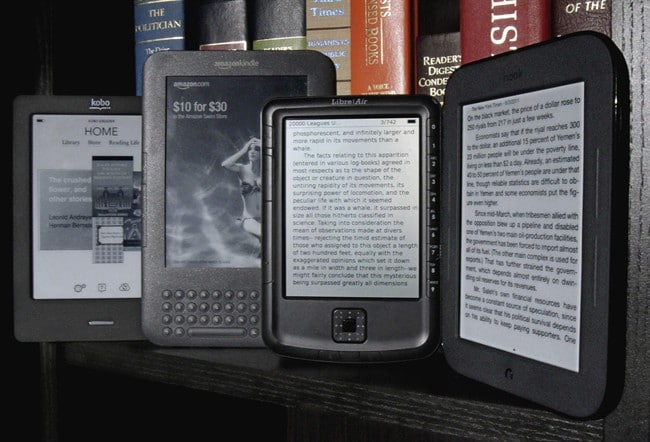There was a time when self-publishing your book through a vanity press was the kiss of death for any hope of a writing career. It was considered tacky and desperate, and not something any worthwhile author would ever consider. Then, with the self-publishing and digital publishing revolution, the notion of having more control over your work trumped much of the negativity surrounding the air of “desperation.”
Eventually, self-publishing gained even more respect. Going indie for one title was a good way to earn some income while querying your other works; but that notion evolved even further to self-publishing your books only to have their sales figures and reader response prompt a traditional publisher to make an offer.
That idea has been received two different ways. Amanda Hocking, one of the first authors to sell a million self-published copies of her ebooks, took a traditional publishing deal and had a very plausible reason: let someone else be the businessman so she could focus on the writing. On the other hand, bestselling author Hugh Howey is famous for his attitude towards traditional publishing. When he was offered contracts for the print-only rights to his bestselling Wool series, his reply was akin to, “How much are you going to pay me to tell people that you published my book?”
But now, the tide may be shifting again. Publishing your own work in hopes of gaining the attention of an agent and publisher may be more of a dream than a reality. A recent blog post by Anne Tibbets, associate agent at Red Sofa Literary, explained why:
“You’ve self-published a book! Congratulations! It’s a major accomplishment and I commend you on your achievement – but no, I’m not going to take your self-published book and try to sell it to a traditional publisher.”
Tibbets broke the issue down into two major problems. First, the version that you published will be revamped by a publisher, down to the editing and even the cover art. More importantly, though, if your book has sold enough copies to garner the attention of a publisher–think in the realm of more than 100,000 copies–it might get a book deal.
If that’s the case, why would you give the royalties to someone else?!
Well, there are reasons. An agent and traditional publisher can help you with things like selling the international rights or optioning the film for a movie. That’s not to say you can’t do those things on your own, though.
Tibbets does offer some advice for seeking a traditional publishing deal, but there’s bad news: the advice itself isn’t new. “Write a whole new book that’s completely unrelated to anything you’ve self published, that’s unsold anywhere, unpublished anyplace (even online), and fits into the traditional publishing categories, sub-genres, and word count requirements, and query agents with that novel.”
Even as the publishing industry experiences one revolution after another, some things–as in many other industries–simply will never change.
Mercy Pilkington is a Senior Editor for Good e-Reader. She is also the CEO and founder of a hybrid publishing and consulting company.





